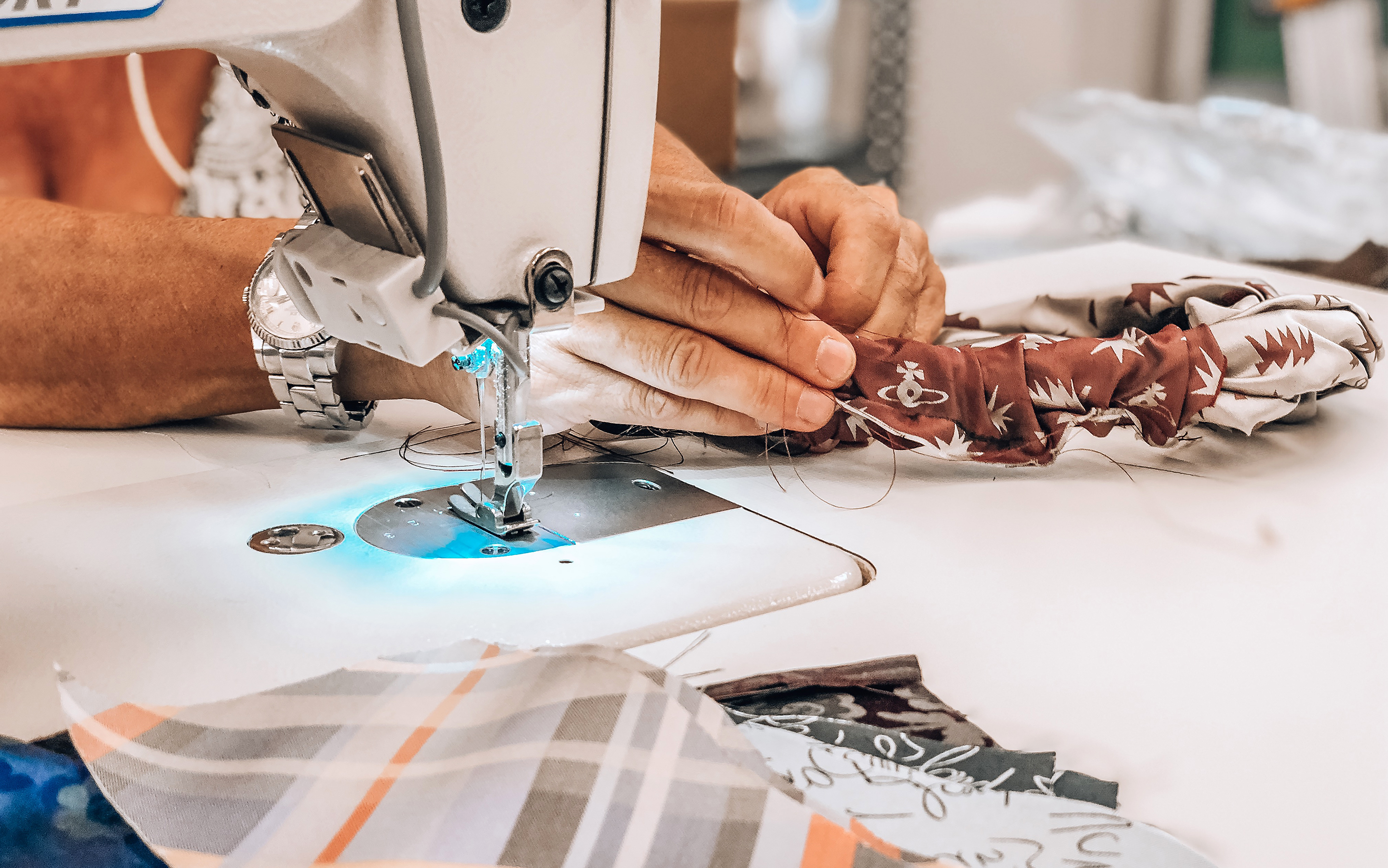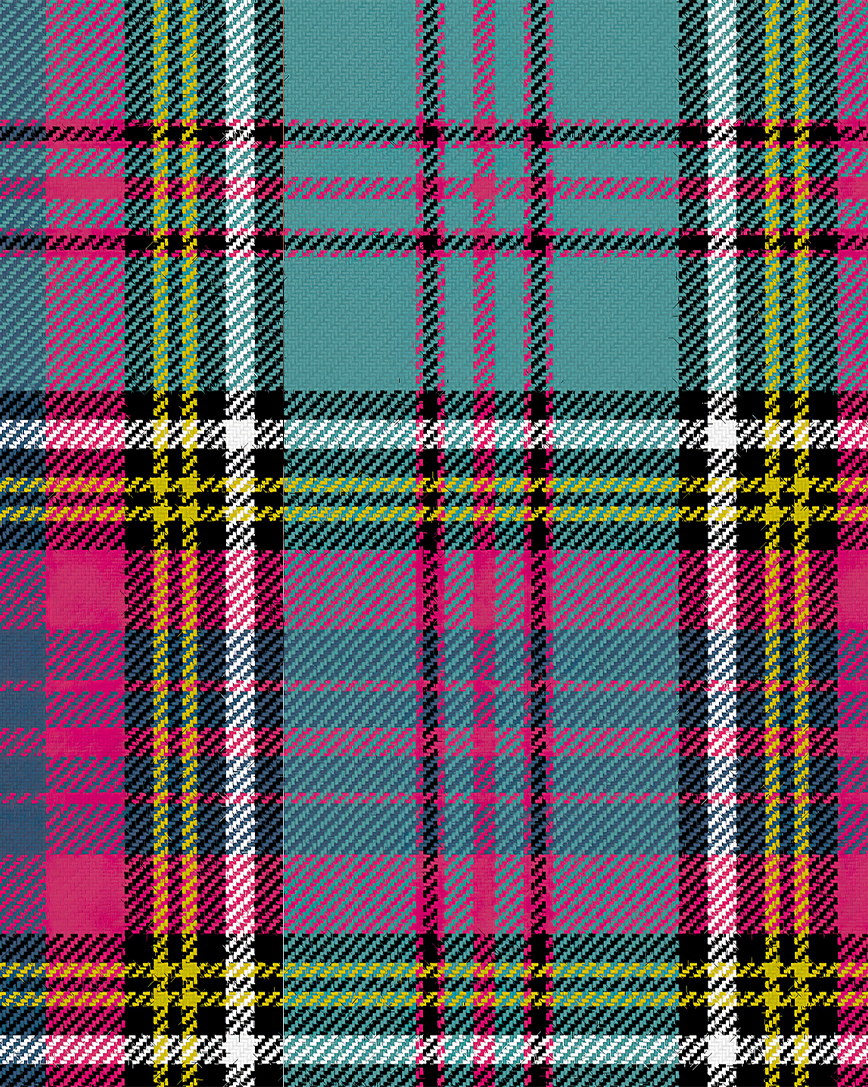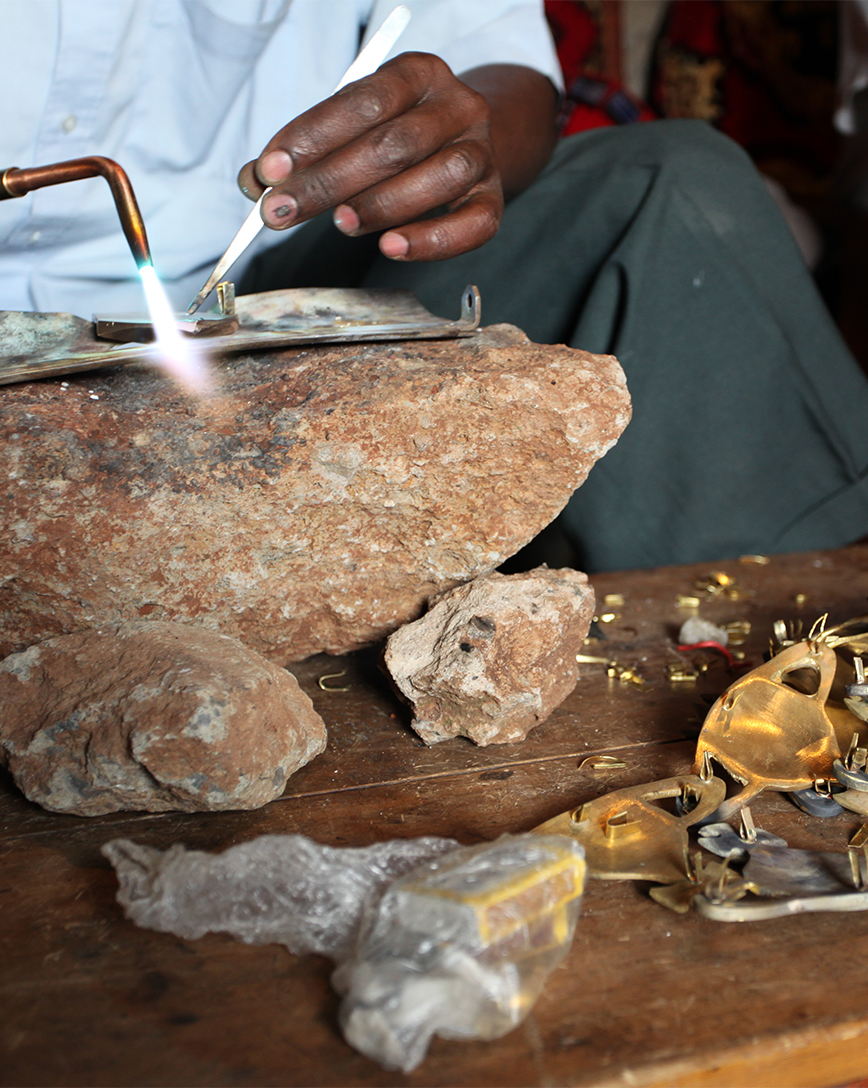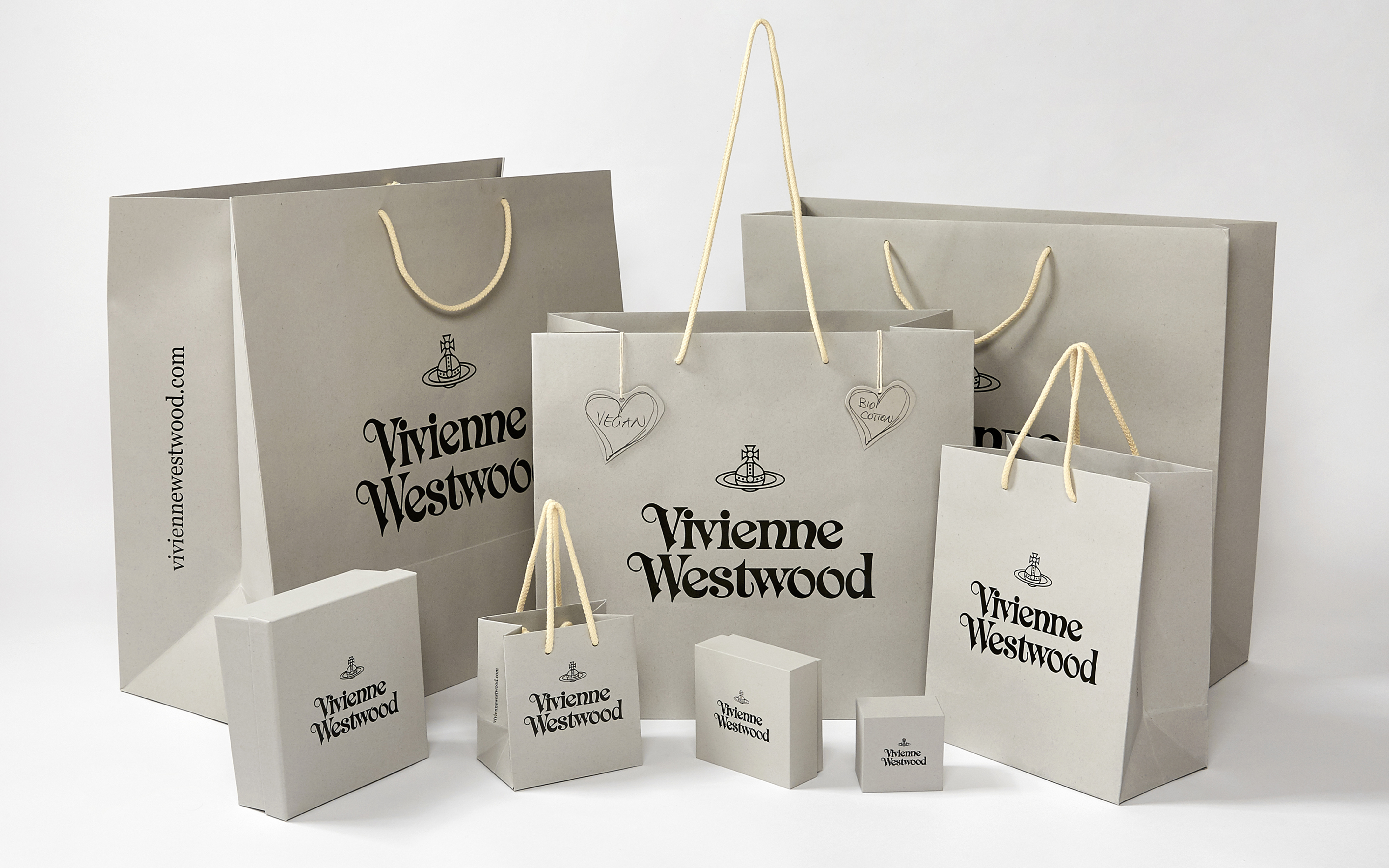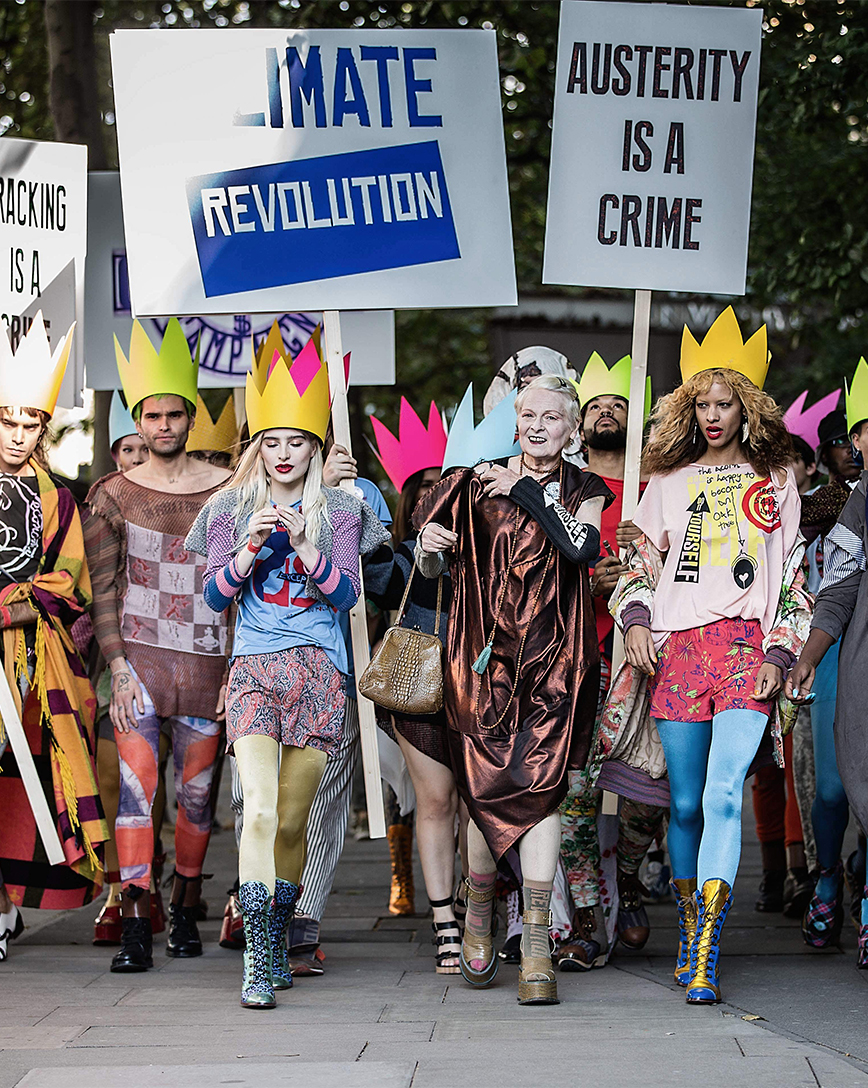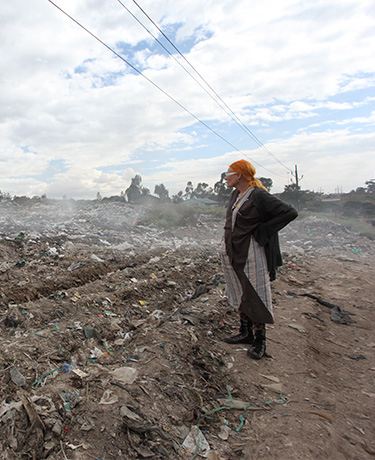Fashion makes a significant contribution to the growing climate crisis. The exact tonnage of carbon emissions the industry emits remains contested, though the World Bank currently estimates this at 10% of total global emissions.
According to McKinsey, fashion’s current growth trajectory misses the Paris Agreement commitment to limit global warming to below 2 degrees by 2030, by 50%. The industry needs to rapidly reduce emissions.
The Greenhouse Gas Protocol classes the emissions produced by industry as Scope 1, 2 and 3. Scope 1 means the emissions directly produced by a business, from the factories and buildings it owns, the vehicles it operates, and so forth. Scope 2 emissions are those generated in the production of the electricity purchased by that business. Scope 3 contains all the indirect emissions connected to the operation of a business, from the processing of raw materials to the disposal of waste, and from to the distribution of its products to how they are used by consumers.
We are in the process of formalising the way we manage our Scope 1, 2 and 3 emissions. Analysing data from the 1st of January 2022 until the 31st of December 2022, in 2023 we conducted our first carbon assessment for Scope 1, 2 and 3 in order to understand our hot spots and identify reduction opportunities. Vivienne Westwood LTD, managed by our London headquarters and Vivienne Westwood SRL, our sister company managed through Milan in Italy, performed two separate assessments which we are seeking to unify in 2024 with the final aim to put measurable targets in place.
Our first priority will always be reduction of emissions. We only look to offset (paying for a reduction in carbon elsewhere to compensate for your own impact) where emissions arising from our operations are unavoidable, such as emissions caused by aviation and other transportation.
In 2017, we joined forces with the British Fashion Council and the Mayor of London to bring the fashion industry together encourage a SWITCH to a renewable energy supplier or to a renewable energy tariff by 2020.
Since then, all but two of our directly operated stores and offices in the UK have switched to a renewable energy provider, Ecotricity, whose mission it is to replace fossil fuel-derived energy with renewable sources across the whole of Britain. Our Italian boutique and office run on renewable energy, and we’re actively seeking alternatives in France. In 2023, our office and store in LA switched to 100% renewable energy, whereas our NYC store and office now run on 50% renewable energy, as 100% alternative was not currently available to us. Where infrastructure permits to do so, we have a plan in place to switch to 100% renewable energy by 2024.
Our SWITCH to Green campaign brought together twenty UK brands in its first year managing to source a total of 355 million estimated kilowatt hours from green energy. This is the equivalent of 125 tonnes of CO2 emissions being avoided across their Scope 1 and 2 emissions.
We are extending the campaign to our Scope 3 emissions and are supporting our supply chain partners in Italy to switch to a renewable energy supplier or tariff where one is not already in place, with our green energy partner èNostra.
Further to this, we are mapping energy practices across our supply chains through a questionnaire that is distributed to all of our direct suppliers, identifying points of improvement and encouraging the switch to a renewable energy tariff.
Through the partnership our Italian operations have with DHL on their GoGreen initiative, all transport-related emissions of carbon dioxide from our supply chain are first calculated and then offset through external climate protection projects, such as contributing to wind farms in Chile, energy efficiency measures in Lesotho and supporting an organisation providing clean drinking water in Malawi.
DHL calculate and offset emissions based on the Greenhouse Gas Protocol's Product Lifecycle Accounting and Reporting Standard.
Starting in 2013, we have reduced business travel to its absolute essential and have endeavoured to lower the impact of employee travel and commuting.
Since then, our use of long and short-haul flights has dropped by over 70% and over 50% respectively.
This has been achieved through travel policies outlining preferred modes of transport, favouring electric vehicles, and supporting employees to travel to work in the least environmentally impactful, safe and healthy way they can. Vivienne Westwood in London is part of the Cycle Scheme, incentivising staff to bike to work, instead of using public transport or cars, by giving employees a tax-reduction in return.
Our smart working policy also offers the opportunity to cut emissions from daily commuting.
We have been exploring moving our business finance to a green bank for several years but due to the complexity of solutions required, such as large transactions that cannot currently be supported by green banking systems, we are yet to find one that meets our needs. We will keep following developments in this sector to hopefully make this switch in the future.
Our pension scheme with Aviva invests in the Sustainable Future Managed Fund at Liontrust, a fossil fuel-free fund, with no exposure to armaments, tobacco or gambling companies. The Liontrust team commits to investing in companies who are reducing their absolute carbon emissions to zero, and those involved in plastic recycling, packaging innovation and circularity.
Liontrust are signatories of the United Nations Principles for Responsible Investment (UNPRI), the Financial Reporting Council’s Stewardship Code and the Financial Stability Board’s Task Force on Climate-related Financial Disclosures.

